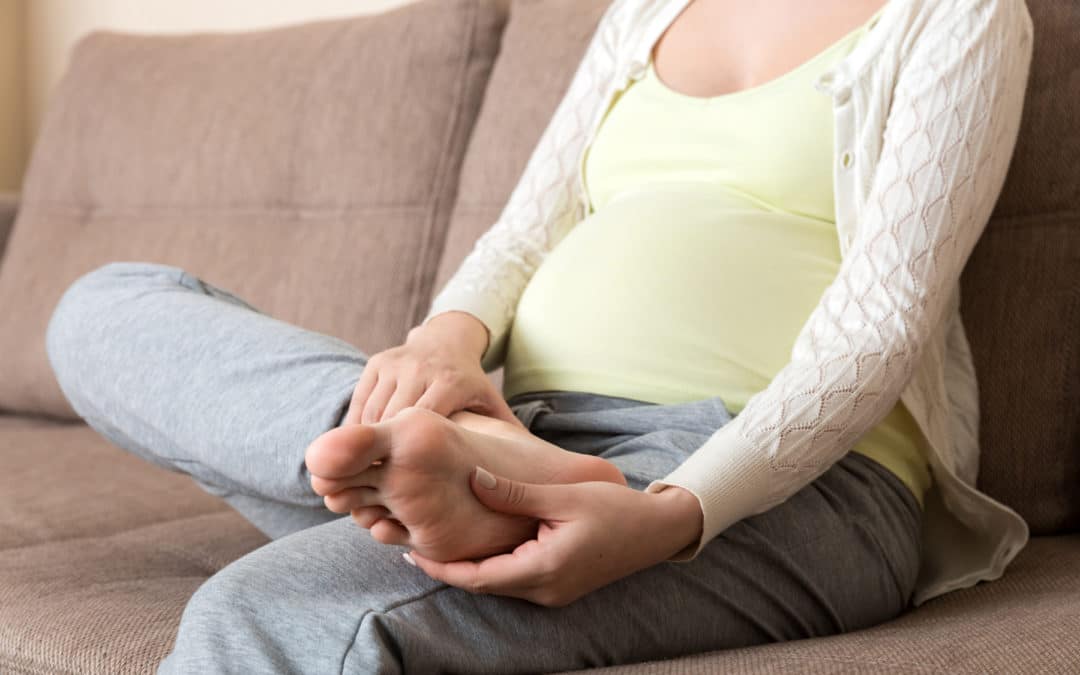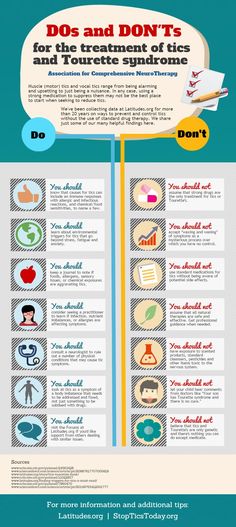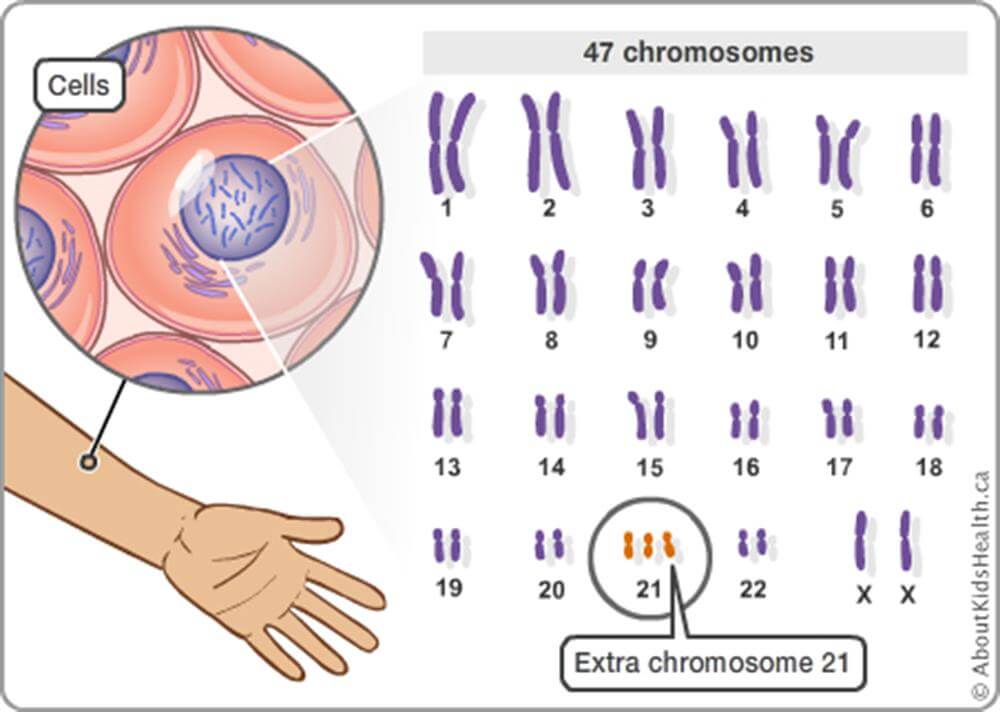What can i do to make my baby poop
Baby constipation: Top 7 home remedies
Babies often go a long time between bowel movements. Most of the time, it is normal for a baby to go days or even more than a week without a bowel movement. However, a baby may sometimes be constipated and need a little help.
If a baby is constipated, a pediatrician may recommend using home remedies as a first-line treatment for baby constipation.
Home remedies for constipation in a baby include:
1. Exercise
Moving a baby’s legs can help relieve constipation.
As with adults, exercise and movement tend to stimulate a baby’s bowels.
However, as babies may not be walking or even crawling yet, a parent or caregiver may want to help them exercise to relieve constipation.
The parent or caregiver can gently move the baby’s legs while they are lying on their back to mimic the motion of riding a bicycle. Doing this may help the bowels function and relieve constipation.
2. A warm bath
Giving a baby a warm bath can relax their abdominal muscles and help them stop straining. It can also relieve some of the discomfort relating to constipation.
3. Dietary changes
Certain dietary changes may help constipation, but these will vary depending on the baby’s age and diet.
While breastfeeding a baby, a woman could eliminate certain foods, such as dairy, from her diet. It may take some trial and error to identify the dietary changes that help, and it is quite possible that changes in the diet will have no effect on the baby’s constipation.
For formula-fed babies, a parent or caregiver may want to try a different kind of formula. It is best not to switch to a gentle or dairy-free formula without consulting a pediatrician first. If one change does not make a difference, continuing to try different formulas is unlikely to help.
If an infant is eating solid foods, parents or caregivers should look to introduce foods that are good sources of fiber.
Many fruits and vegetables can help stimulate the bowels because of their higher fiber content.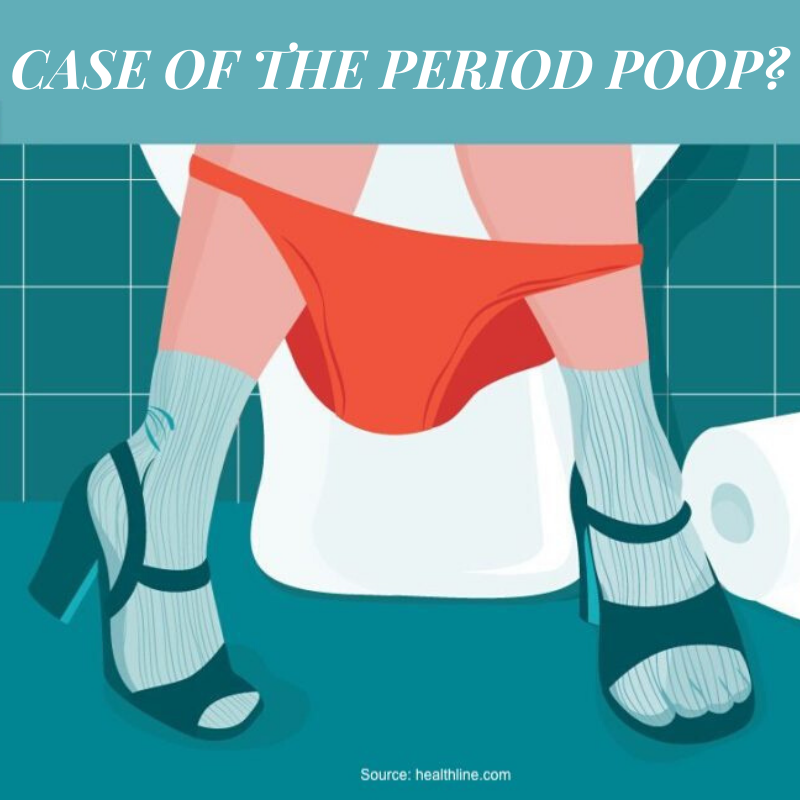 Good food choices for babies with constipation include:
Good food choices for babies with constipation include:
- skinless apples
- broccoli
- whole grains, such as oatmeal or whole-grain bread or pasta
- peaches
- pears
- plums
4. Hydration
Young infants do not typically need supplemental liquids as they get their hydration from breast milk or formula.
However, babies that are constipated may benefit from a small amount of extra liquid.
Pediatricians sometimes recommend adding a small amount of water or, occasionally, fruit juice, to the baby’s diet when they are over 2–4 months old and are constipated.
5. Massage
There are several ways to massage a baby’s stomach to relieve constipation. These include:
- Using the fingertip to make circular motions on the stomach in a clockwise pattern.
- Walking the fingers around the naval in a clockwise pattern.
- Holding the baby’s knees and feet together and gently pushing the feet toward the belly.
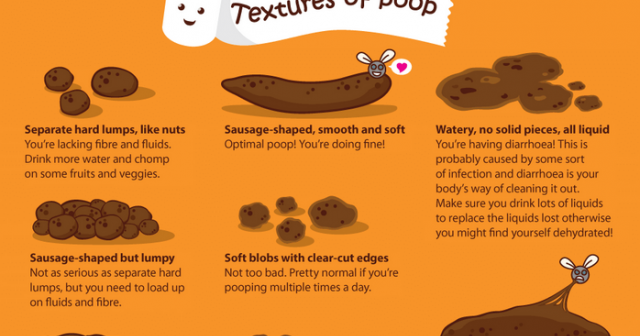
- Stroking from the rib cage down past the belly button with the edge of a finger.
6. Fruit juice
A small amount of pure apple juice can help soften stool.
After a baby reaches 2–4 months of age, they can have a small amount of fruit juice, such as 100-percent prune or apple juice. This juice may help treat constipation.
Experts may recommend starting with about 2–4 ounces of fruit juice. The sugar in the juice is hard to digest. As a result, more liquid enters the intestines, which helps soften and break up the stool.
However, a parent or caregiver should not give fruit juice to a baby for the first time without consulting their pediatrician.
7. Taking a rectal temperature
When a baby is constipated, taking the baby’s rectal temperature with a clean, lubricated thermometer may help them pass stool.
It is important not to use this method very often, as it can make constipation worse. The baby may start not wanting to pass a bowel movement without help, or they may begin to associate having a bowel movement with discomfort, leading them to fuss or cry more during the process.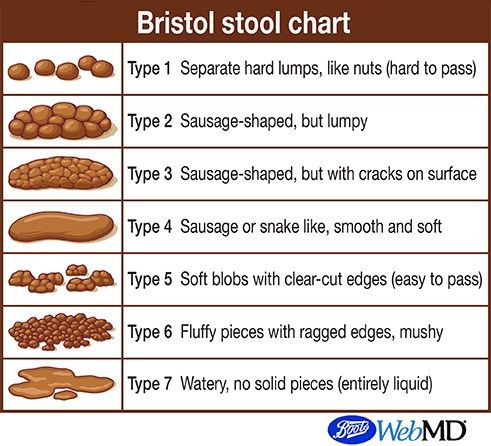
Anyone who feels as though they often need to use this method to help the baby have a bowel movement should talk to the baby’s doctor.
As infants may go for extended periods without a bowel movement, it can be hard to tell if they are constipated. Signs that indicate constipation in a baby include:
- infrequent stools that are not soft in consistency
- clay-like stool consistency
- hard pellets of stool
- long periods of straining or crying while trying to have a bowel movement
- streaks of red blood in the stool
- lack of appetite
- a hard belly
Signs of constipation in babies vary depending on their age and diet. A normal bowel movement before a baby begins eating solid food should be very soft, almost like the consistency of peanut butter or even looser.
Hard baby stool prior to solid food is the most obvious indication of constipation in babies.
At first, breastfed babies may pass stool often since breast milk is easy to digest.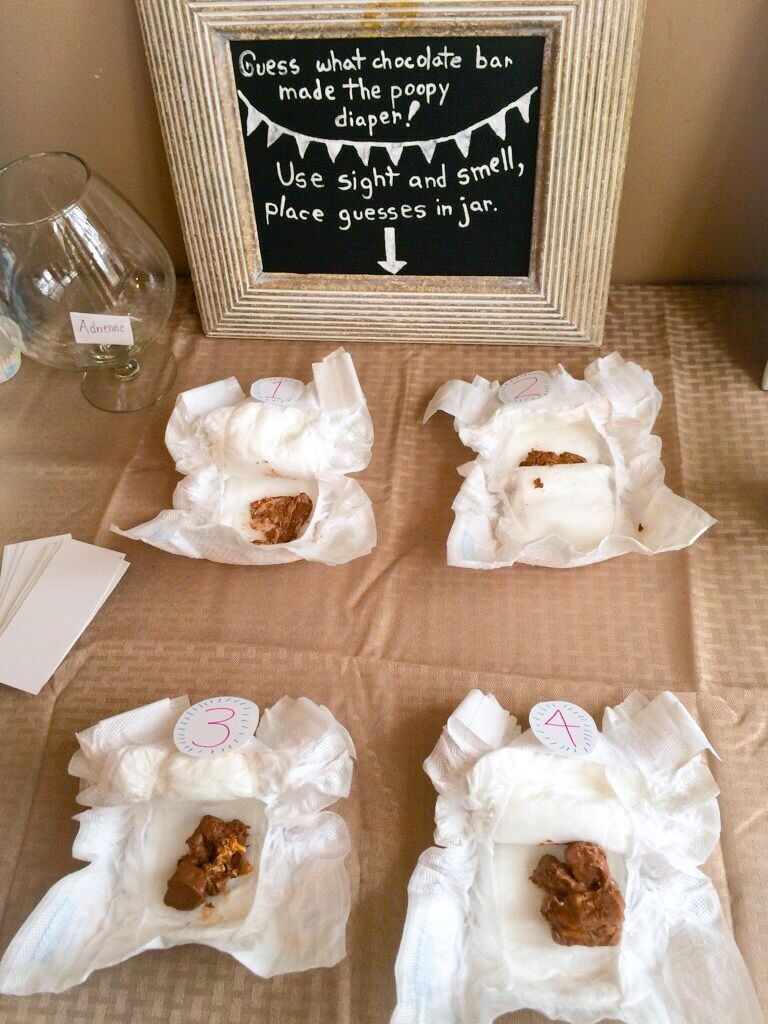 However, once a baby is between 3 and 6 weeks old, they may only pass a large, soft stool once a week and sometimes even less.
However, once a baby is between 3 and 6 weeks old, they may only pass a large, soft stool once a week and sometimes even less.
Formula-fed babies tend to pass stool more frequently than breastfed babies. Most formula-fed babies will have a bowel movement at least once a day or every other day. However, some formula-fed babies may go longer between bowel movements without being constipated.
Once a parent introduces solid food to a baby’s diet, a baby may be more likely to experience constipation. A baby may also be more likely to become constipated if a parent or caregiver introduces cow’s milk (other than formula) to their diet.
Share on PinterestA doctor should assess a baby with ongoing constipation.
It is advisable to call a pediatrician if a baby has not passed a stool after a day or two and there are other signs present, such as:
- blood in the stool
- the baby seems to be irritable
- the baby appears to have abdominal pain
- there is no improvement in the baby’s constipation after taking steps to treat it
Treatment typically starts with home remedies.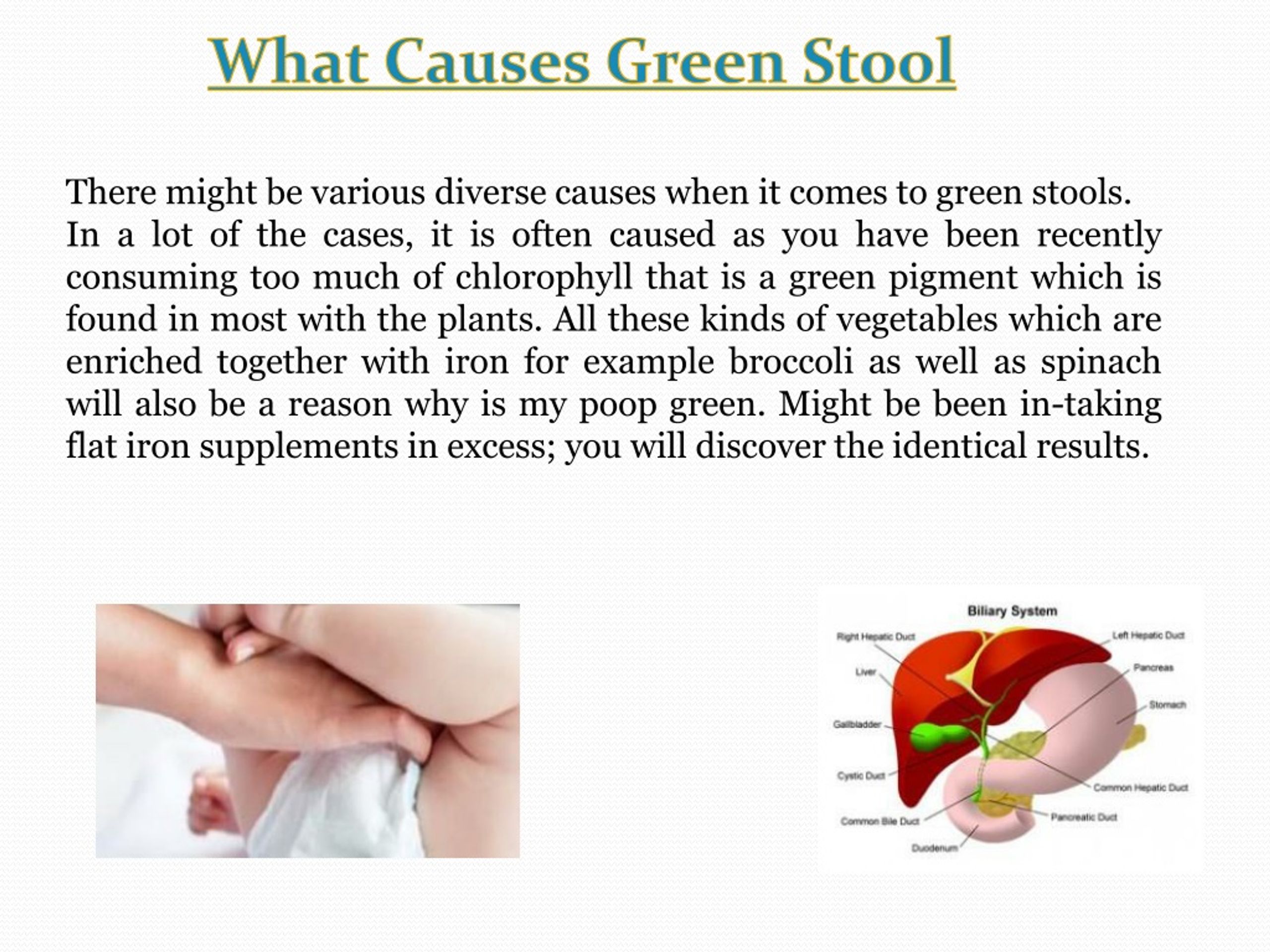 If home remedies do not work, a doctor may examine the baby and, in rare cases, prescribe medications, such as:
If home remedies do not work, a doctor may examine the baby and, in rare cases, prescribe medications, such as:
- laxatives
- enemas
- suppositories
People should never give these medications to a baby unless a doctor prescribes them.
Constipation can lead to discomfort and irritability in a baby. People can try several at-home methods to help alleviate constipation.
If symptoms do not improve, it is best to speak to the infant’s pediatrician for additional strategies.
Read the article in Spanish.
Symptoms, Treatment and When to Call a Doctor
Nationwide Children’s Hospital
Constipation (con-sta-PA-shun) in infants can worry parents. Most of the time, your baby is not really constipated. They may not have developed a routine for pooping yet. Some babies do not develop a bowel movement (BM) pattern for a while.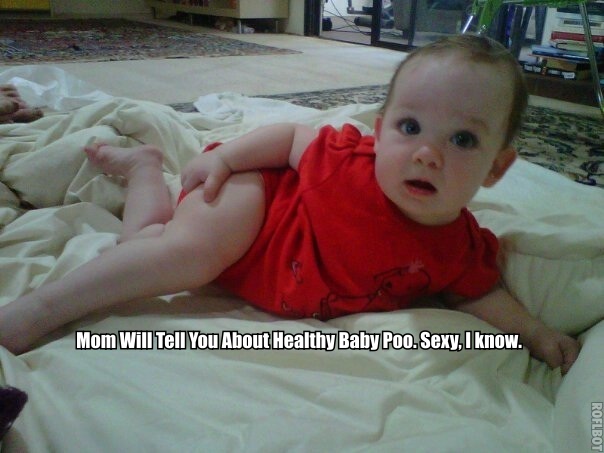
An infant’s BM pattern can change if their diet changes, like switching from breastmilk to formula, starting solid foods, or drinking less formula than usual. If your baby’s stool (poop) is not soft or easily passed, then they may be constipated.
In rare cases, constipation may be caused by a lack of nerves going to the intestines or by a problem with the way the intestine formed at birth. Your baby can be tested for these conditions if your health care provider feels it is needed.
Signs of Constipation
- less stools than their usual pattern
- straining more than normal to have a bowel movement
- a change in how the stool looks from soft and mushy to:
- small, hard pebbles, or like a large, round golf ball
- loose and watery
- abdomen (belly) bloated or swollen with gas
- painful cramps
Treatment
- If your baby is not eating baby food yet, you may give 1 to 2 ounces of 100% fruit juice (pear, prune, cherry, or apple) once a day.
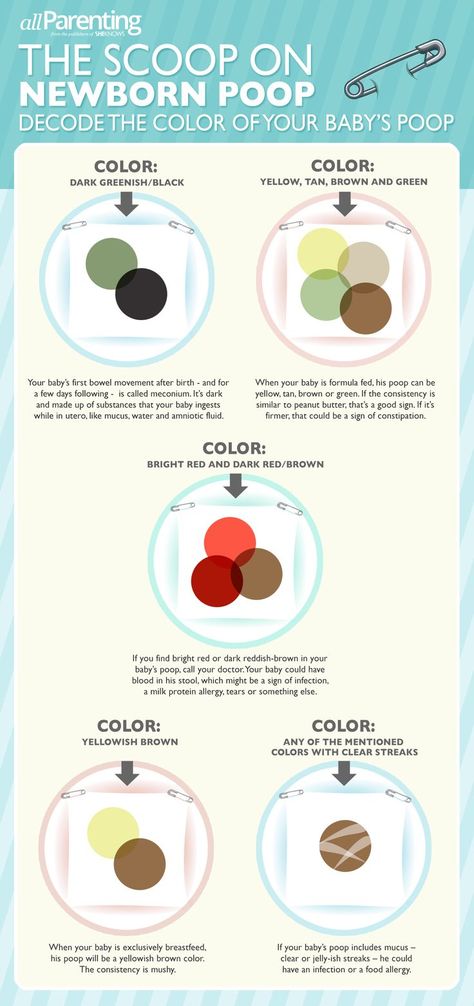 Stop the juice if their stools become too loose.
Stop the juice if their stools become too loose. - If they are old enough to eat baby foods, feed them pureed pears, peaches, or prunes instead of giving them juice.
- If your baby eats cereal, it may help to give oatmeal, wheat, or barley cereal. Rice cereal can cause constipation in some children.
- Sometimes giving your baby a warm bath to relax them or exercising their legs, like riding a bicycle, will help stimulate the bowels to move (Picture 1).
- If it has been a few days since your baby has pooped and the juice or pureed food has not worked, then you can try a glycerin suppository. Place your baby on their back. Gently push the suppository into their anus (bottom). Suppositories are meant for occasional use.
- Contact your baby’s health care provider before giving them laxatives, baby mineral oil, or enemas to treat constipation.
Medical Therapy
Your child’s health care provider may order the following treatments:
- Give your child medication.
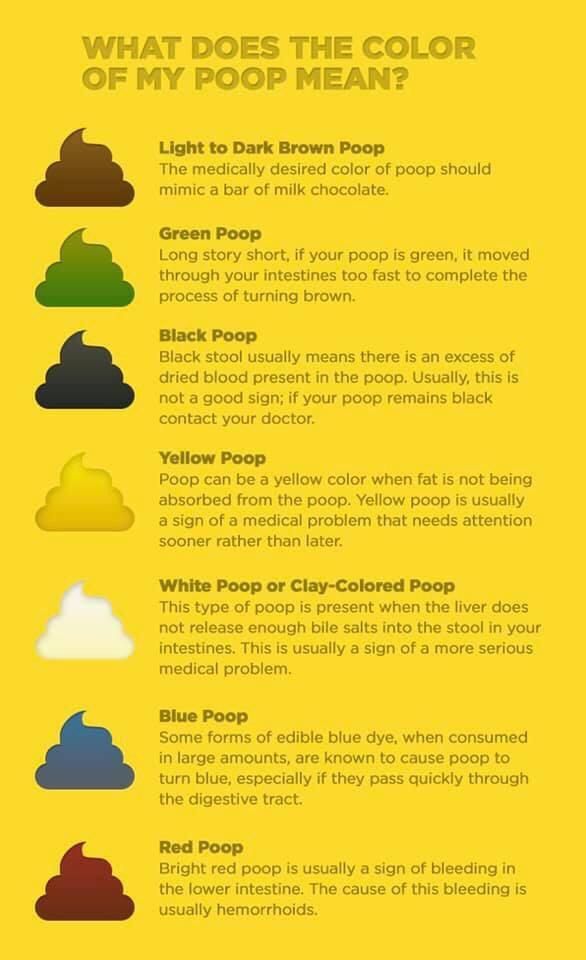
- Check your child’s temperature using a digital, rectal thermometer. Put a small amount of petroleum jelly (Vaseline®) on its tip before inserting into the rectum. Taking a rectal temperature may stimulate the baby to pass stool.
When to Call the Health Care Provider
Call the health care provider if any of the following occurs:
- Your baby is irritable and seems to be having stomach pain. Infants will pull their legs up to their stomach and cry when they are in pain.
- Your baby has constipation and develops vomiting, and their belly looks like it is bloated or filled with gas.
- You see blood in their stool.
- Their constipation does not get better with treatment.
If you have any questions or concerns, call your baby’s health care provider.
Constipation: Infant (PDF), Spanish (PDF), Somali (PDF), Arabic (PDF), Nepali (PDF)
HH-I-14 ©Copyright 1984, Revised 2022, Nationwide Children’s Hospital
You Might Also Be Interested In
Blog
Pelvic Floor Physical Therapy: How It Can Help
Podcast
PediaCast 503 Your Childs Stomach Part 1
Blog
Senna-Based Laxatives for Kids’ Constipation: Are They Safe?
What is constipation in a newborn
The contents of a baby diaper is one of the key topics that young mothers discuss.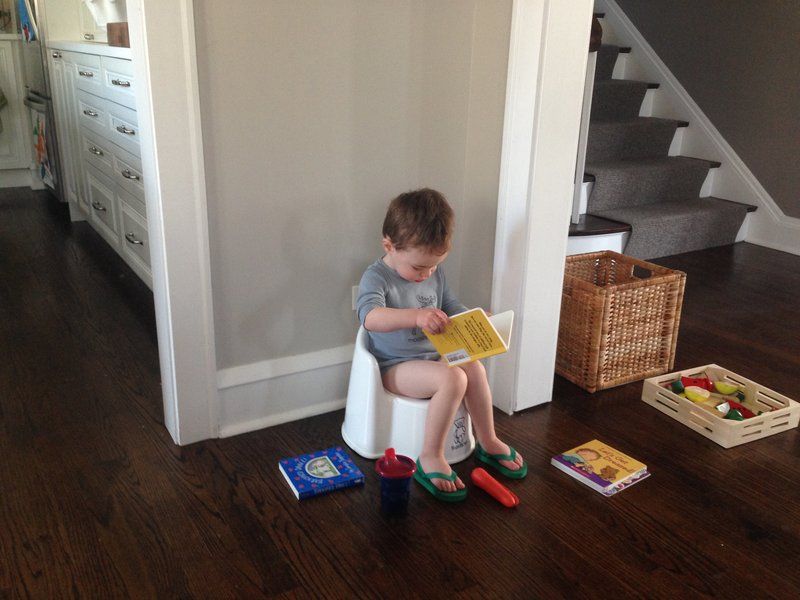 They pay attention to the frequency of the stool, its consistency, color and smell. One of the most common problems they complain about to doctors or to each other is constipation in babies. We figure out what the baby’s chair depends on and how many days he may not go to the toilet for the most part.
They pay attention to the frequency of the stool, its consistency, color and smell. One of the most common problems they complain about to doctors or to each other is constipation in babies. We figure out what the baby’s chair depends on and how many days he may not go to the toilet for the most part.
Normal neonatal stool
During fetal development, nutrients are supplied to the baby through the umbilical cord. Through it, the metabolic products of the fetus are also excreted. The digestive system of a newborn begins to work only after childbirth, so it is logical that the baby does not poop in utero. But this does not mean that nothing gets into it.
During this period, the child actively swallows amniotic fluid (amniotic fluid). Its excretion from the body begins after the birth of the child and the start of breastfeeding. For the first time, a newborn goes to the toilet on the second day after birth. This stool is not like a baby's usual feces. Over time, he will return to normal.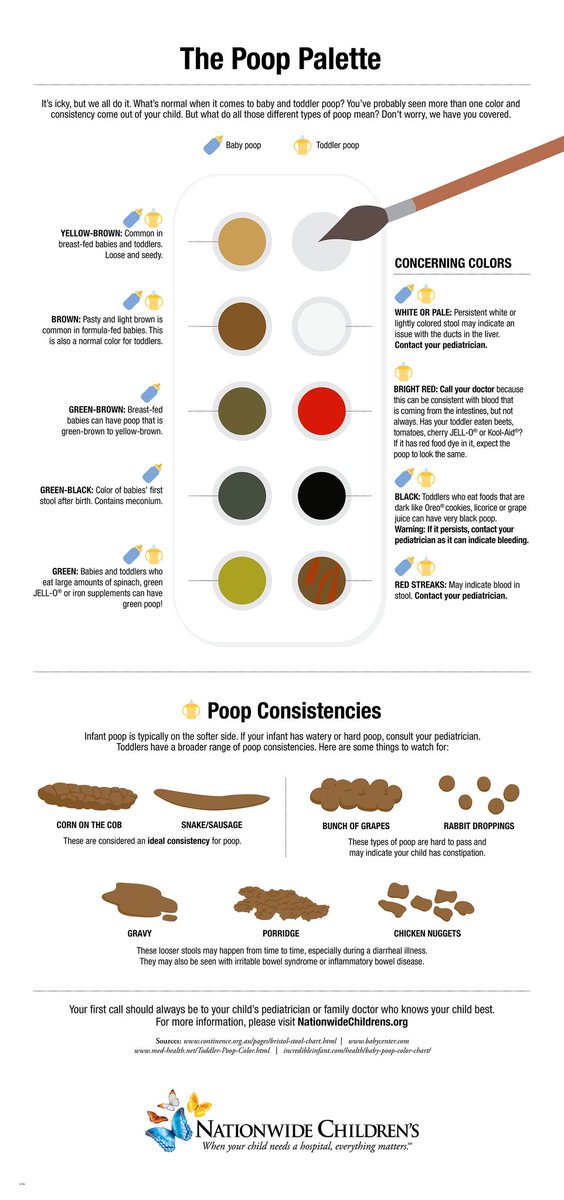
How does the baby's stool change in the first months of life?
| Age | Child's chair |
| 1–3 days after birth | The chair is dense, pasty. Usually dark, sometimes greenish in color. The passage of meconium can cause discomfort to the baby. |
| 3–5 days after birth | The chair gradually brightens, becomes mushy. Usually does not cause any inconvenience to the child. But some problems may arise due to the fact that the digestive tract of the baby "learns" to work and is colonized by bacteria. |
| 2 weeks after birth | The work of the gastrointestinal tract is normalized. If the mother feeds the baby with breast milk, the stool is creamy, yellow. On artificial feeding it can be thicker. Not always homogeneous, there may be inclusions. |
| 1 month after birth | A month old baby can poop from one to several times a day. The chair is normalized and is both pasty and quite hard. Some children may also have stool retention. But if the separation of feces does not cause discomfort and anxiety in the baby, they should not bother the mother either. |
| 2 months after birth | The work of the intestine continues to improve. Two-month-old baby no longer goes to the toilet after every feed. The number of bowel movements is reduced to 1-2 per day. The stool is still not hard, more like slurry. It can be homogeneous and interspersed. |
Constipation is not considered that the baby cannot go to the toilet for a certain time. The main criteria at this age are not stool retention, but unpleasant sensations during defecation (the child cries before pooping), a large amount of stool and its hard consistency.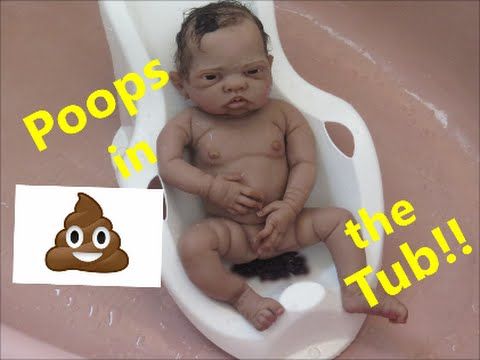
Because of what the child does not walk on large
Constipation is a reduction in the number of bowel movements relative to their normal number for this age. In addition, such a disorder of the stool is accompanied by the discharge of a large amount of dense stool. Thus, constipation is not just a decrease in the number of bowel movements, but also a change in the stool itself.
Other signs of constipation in a baby include the following:
- change in stool odor;
- a large amount of gases;
- anxiety of the baby during washing;
- restless sleep in a baby with frequent awakenings;
- intense crying that cannot be stopped.
Even if the baby goes to the toilet every day, but at the same time his feces become plentiful and dry, this indicates constipation in the child. At the same time, the absence of a bowel movement for several days, which does not cause any inconvenience to the baby, and normal mushy stools, even after a break, are not considered grounds for making such a diagnosis.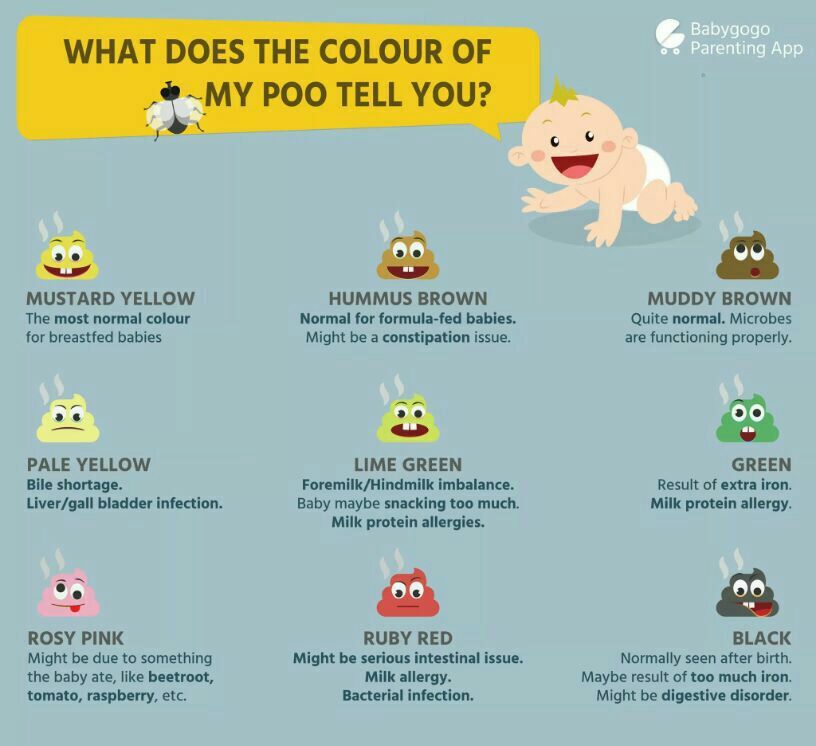
Causes of impaired defecation can be both normal and pathological. The most common causes of constipation in babies are:
- congenital malformations of the gastrointestinal tract;
- disruption of the digestive glands;
- violation of the normal colonization of the gastrointestinal tract by flora;
- the predominance of the mixture over breast milk;
- insufficient fluid intake;
- unsuitable mixture for the baby;
- allergic reactions;
- Iron-deficiency anemia.
Most often, the problem lies in improperly selected nutrition or dysbacteriosis in babies. The fact is that the child's intestines are sterile, and until the flora returns to normal, constipation can develop even in a one-month-old baby. Usually this condition does not require medical intervention, but the baby needs some help anyway.
Constipation is not just a delay in stool, but also a change in its consistency.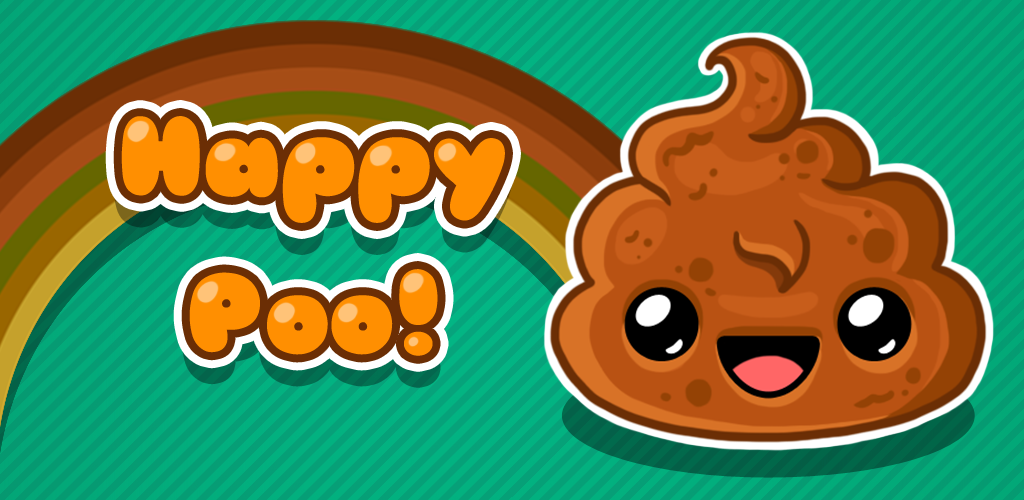 It can be difficult for a young mother to understand when the lack of bowel movements is normal, and when the child needs help. Our doctors at a remote consultation will help you understand when a child needs help, advise on how to organize a baby’s diet and choose the right formula for him.
It can be difficult for a young mother to understand when the lack of bowel movements is normal, and when the child needs help. Our doctors at a remote consultation will help you understand when a child needs help, advise on how to organize a baby’s diet and choose the right formula for him.
When constipation of the baby requires medical attention
Most often, problems with defecation in infants occur due to improper feeding or due to the immaturity of the gastrointestinal tract. However, in some cases, the absence of a chair requires medical intervention. It is especially dangerous if the newborn cannot go to the toilet and his meconium has not passed 2 days after birth.
This may indicate congenital problems with the gastrointestinal tract, which require additional diagnosis and examination by a neonatologist. In addition, other symptoms may indicate them. The main ones are:
- blood streaks or black blotches appear in the feces;
- close relatives have diagnosed diseases of the gastrointestinal tract;
- the child burps frequently and profusely;
- he has vomiting with bile impurities;
- the child gains little or no weight;
- his stomach is very distended;
- the child's stool is like a ribbon;
- he refuses breast or bottle;
- the child cries a lot, and the parents cannot calm him down;
- his temperature rises;
- there are traces of calomania on the diaper, but the feces themselves do not go away.

If such symptoms are observed in the maternity hospital, it is necessary to report them to the neonatologist on duty. If they are found after discharge from the hospital, you need to call a pediatrician or report these symptoms during a patronage bypass. In cases where the child begins to vomit profusely and the temperature rises sharply, you need to call an ambulance.
Important! The minimum weight gain for children in the first three months of life is 150 grams per week or 600 grams per month. In the first month, the increase is calculated from the minimum weight, and not from birth weight.
How to treat stool problems in an infant
To help the baby cope with constipation, you need to understand what caused its development. The diagnosis is made on the basis of a survey of the mother and a physical examination - the doctor palpates the abdomen, examines the anus and performs a rectal examination. To determine the cause, an examination is also carried out - general tests of urine, blood and feces, ultrasound and others if necessary.
If pathologies are detected, a small patient is sent for treatment to a gastroenterologist, who will prescribe the appropriate treatment for the child. In other cases, it is recommended to change the lifestyle of both the nursing mother and the baby:
- A nursing mother is recommended a light diet without fried and fatty foods, with plenty of fresh vegetables and fruits. It is also worth reducing the amount of sugar in the diet, as it can cause fermentation in the digestive tract.
- Try to keep breastfeeding or mixed feeding as long as possible. Breast milk helps the digestive tract to ripen and form the correct flora.
- When transferring to artificial feeding, make sure that the mixture does not contain palm oil. It impairs the digestive processes and can cause constipation.
- If these measures do not help, the child may be prescribed pro- and prebiotics, which help to normalize the intestinal flora, after which the digestive processes also normalize.
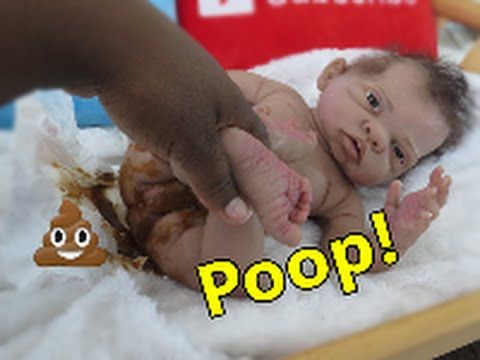
- As prescribed by the doctor, the baby may be prescribed laxatives, glycerin suppositories, microenemas and gas tubes. However, you should not get carried away with these drugs, since their constant use can lead to hypotension.
Massage of the abdomen can also help the newborn - stroke the baby's tummy in a circular motion in a clockwise direction and gently press the legs to the stomach. This will improve peristalsis and help the stool pass. A warm bath can also help the baby - it will relax the muscles and make it easier to pass the stool.
If we are not talking about pathologies of the gastrointestinal tract, normalizing the nutrition of mother and child helps to fight constipation. Our doctors will help you choose the best diet, tell you when your child needs supplementary feeding, and determine when he needs medication.
FAQ
How do you know if a baby is constipated?
+
Normally, a child’s stool may be absent for several days, if the baby himself is calm at the same time, and the feces after that are soft and pass without problems.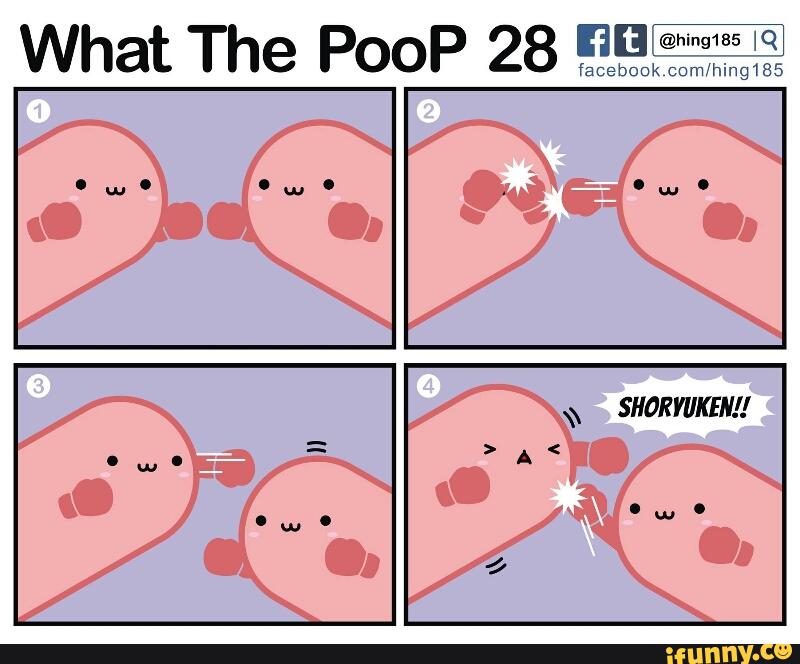 A sign of constipation is the presence of a hard plentiful stool and difficulty with the bowel movement itself.
A sign of constipation is the presence of a hard plentiful stool and difficulty with the bowel movement itself.
Why is there a delay in stool in infants?
+
Stool retention can develop due to the immaturity of the gastrointestinal tract of the child, pathologies in the development of the intestines or digestive glands, dysbacteriosis, dehydration, an improperly selected mixture, or flaws in the diet of a nursing mother.
Can a newborn baby be given a laxative for constipation?
+
Do not give a newborn baby any medication without first consulting a doctor. Your doctor will assess the severity of your constipation and suggest ways to treat it with or without a laxative.
What to do if the baby has constipation? Should I force my baby to poop?
+
If the child is not bothered by anything, and the feces after the pass pass without problems, then there is no need to interfere in these processes. If the baby is clearly having difficulty with bowel movements, consult a doctor to find methods that facilitate this process.
If the baby is clearly having difficulty with bowel movements, consult a doctor to find methods that facilitate this process.
Can planting help with constipation?
+
Theoretically, an upright posture can help a child cope with constipation. However, these methods are rather auxiliary and will not lead to a stable result. It is more effective to adjust the diet and make sure that the child does not have dehydration.
Expert opinion
The absence of a chair in a child does not always mean that the baby has developed constipation. It is indicated by hard plentiful stools, restlessness and a swollen belly of the baby. The cause of a violation of the stool can be both pathological processes in the gastrointestinal tract, and flaws in the diet of the mother or baby. To determine when constipation requires treatment, the doctors of our service will help. They are available at any time of the day without queues and long waiting times.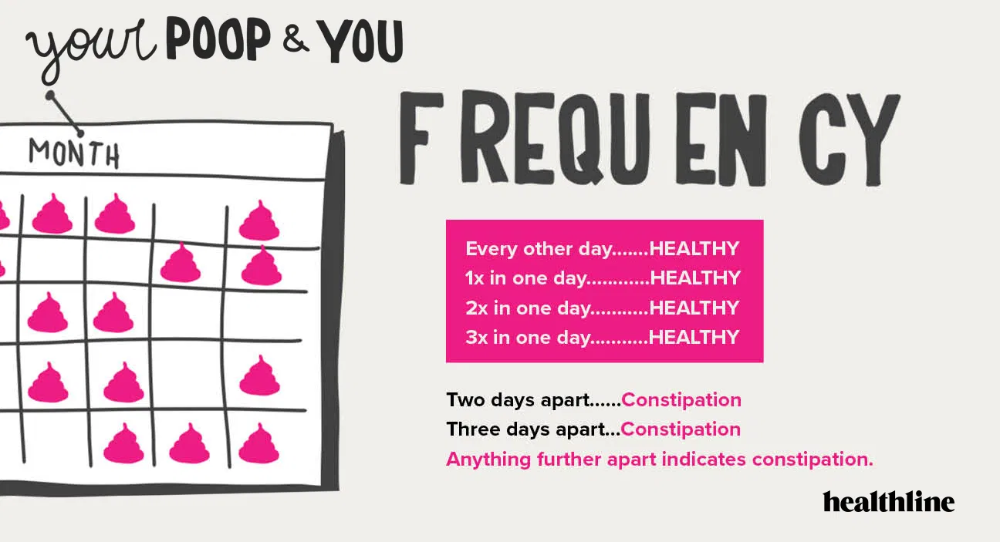
We publish only verified information
Article author
Pruzhinin Mark Yulievich pediatrician
Experience 30 years
Consultations 1572
Articles 104
An experienced pediatrician with extensive experience and clinical experience in various medical organizations, resuscitation and intensive care and neuroinfection.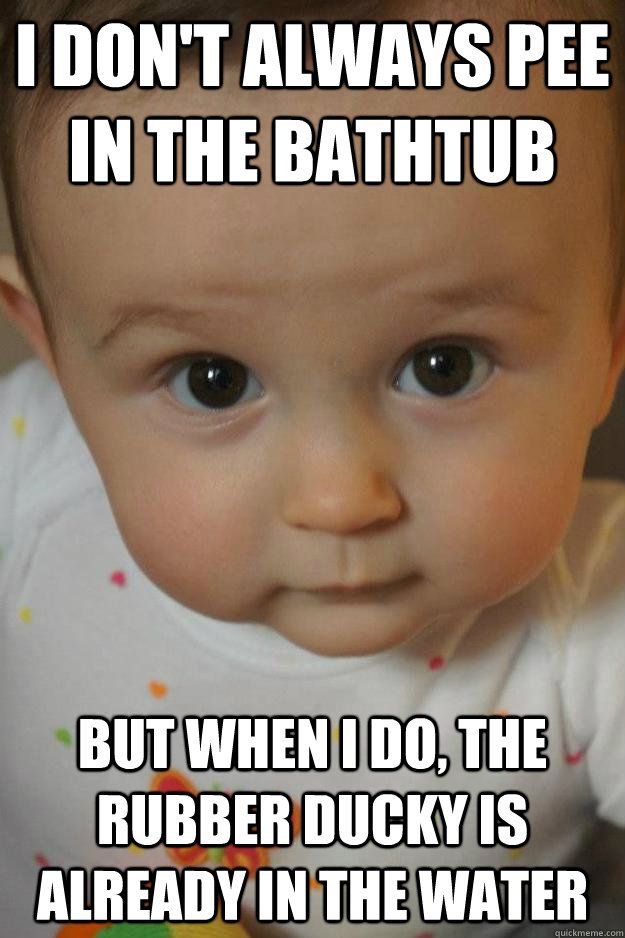 Works with leading experts, attends international and Russian conferences.
Works with leading experts, attends international and Russian conferences.
The toilet theme, or how children's emotions live in the gastrointestinal tract Irina Poretska
Anna Pokrovskaya, a child psychologist, about the most frequent questions of parents on the toilet topic, how the process of potty training is connected with the child's emotional health throughout life. And how to solve the problems of the toilet theme, if they have already arisen.
Once a family came to me with a problem - a girl, about three years old, stopped pooping. By that time, she had weaned herself from diapers, went to the potty, but abruptly stopped. When parents offered a pot, she refused and cried a lot. This went on for a week, her tummy hurt, but the girl could not go big. During this time, the body may be intoxicated, so the family turned to doctors to examine the rectum and had to do an enema. But the girl continued not to poop, and enemas had to be done all the time of research, every 5 days.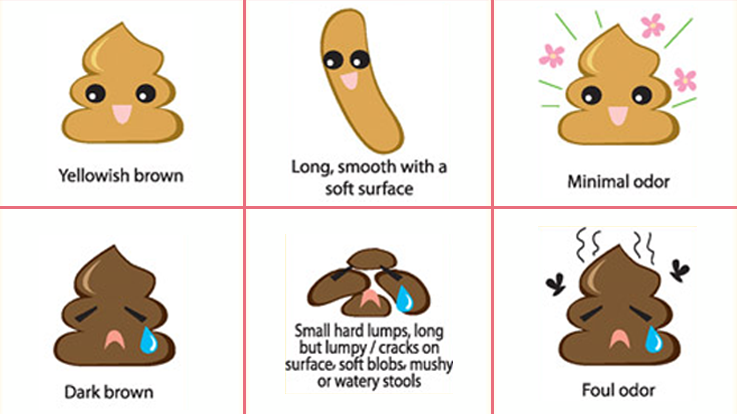 The enema itself is a dangerous and painful procedure, in which the girl was fixed very tightly so as not to damage the anus and the very thin tissue of the rectum.
The enema itself is a dangerous and painful procedure, in which the girl was fixed very tightly so as not to damage the anus and the very thin tissue of the rectum.
The situation lasted several months. As a result, the doctors appointed a final study, after which - an operation under general anesthesia. Fortunately, the surgeon advised the family to consult a child psychologist before this dangerous procedure. And I tried to restore in my mother's memory the course of events that led to such a reaction of the body.
One day the girl started playing and rolled away. Physiologically, everything is fine - her brain relaxed in the game, she did not track the urge in time. Nearby was a grandmother who was very frightened for a brand new light suit, and gave such a reaction of horror, panic and fear on her face that the girl instantly considered her and experienced the same thing - horror, panic and fear when she poops. The body turned off the urge to go to the toilet. When I was called to the toilet, the emotional bodily memory was turned on - horror and panic at such sensations: “I can’t poop, because when I do this, horror happens in my life, and I’m very scared.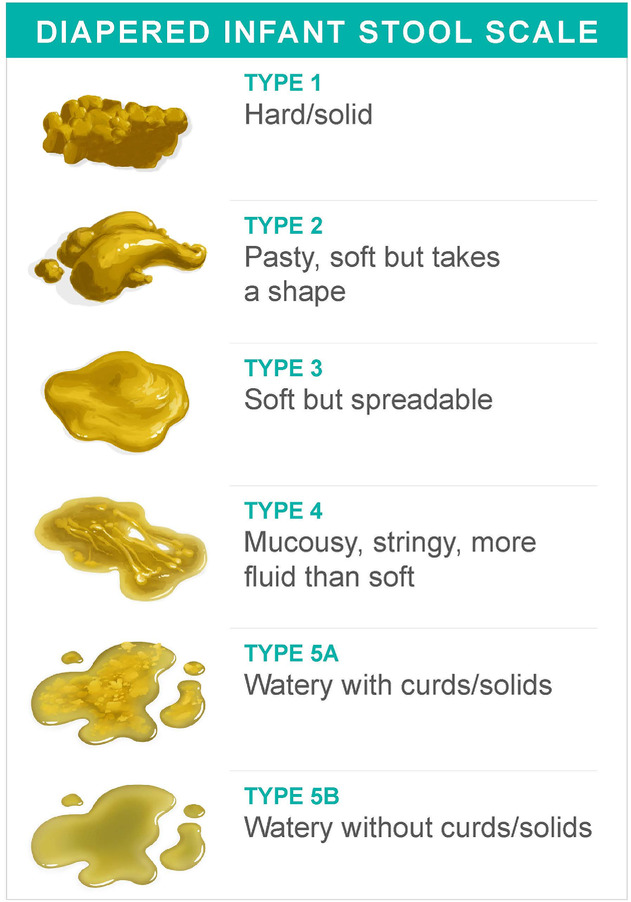 ”
”
At first I tried to give my mother power and support. She cried, blamed herself and was afraid. “Yes, it’s difficult for you, but you are a great fellow for coping with this as best you can.” We gave her back the understanding that no one knows her child better than she does.
Then I talked with my grandmother, a tough strong-willed woman who doesn't particularly perceive psychologists as specialists. I reported that the father and mother are the main ones in the family, even though they are at work, and the child stays with the nanny or grandmother. Parents are the most important people for a child. We took power from my grandmother and returned it to her parents.
And then, fortunately, before working with the girl, her mother took her to the toilet and said: “Let's see what kind of toilet is here. Oh, how beautiful!” I realized that the whole life of the family revolves around the toilet. And when adults talk about a problem that worries them in a trembling voice, they emphasize that there is a problem.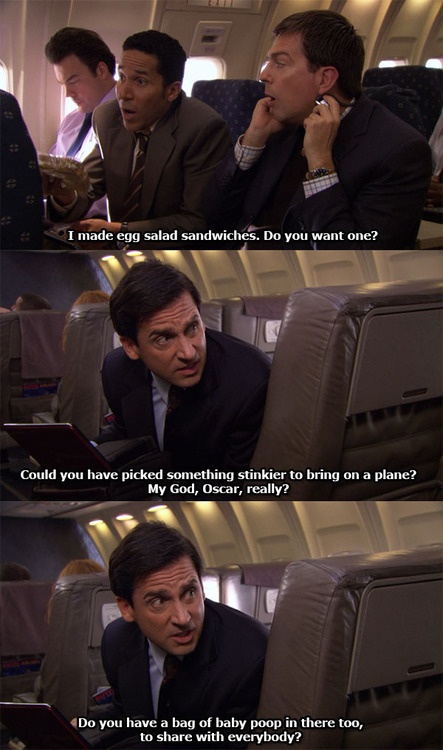
I asked my mother, "If your child didn't have this problem, how much time would you spend talking about the toilet?" Tell a child with a nervous tic "don't blink", he will blink twice. So we only warm up the symptom.
At that time the parents went on holiday with the child, and I asked them to let go of the topic of the toilet for this week. Instead of wooing the girl to the toilet, relax, enjoy the sea and the weather, live as if this symptom was not there or it has gone. Just play this game.
They returned, they called back: “Are we to come today? We are fine for the second week. The child just goes to the toilet. If you need help putting on pants, we offer. If the child closes the door, do not ask. And we don't talk about it at all. We tried to live without the symptom and we liked it.” Of course, this is happiness. They didn't come back to me, which means they got it right.
And I understood this. By potty training a child, we put a lot of adult nervousness in him: “Well, are you already?”, “Go to the toilet now, then it will be impossible”, “You won’t get up until you pee” and so on.
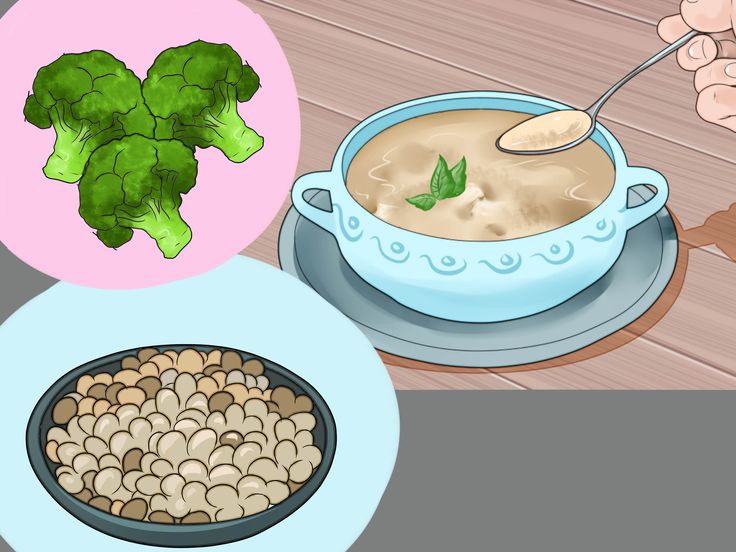
Parental question: “We want to take off the diaper, but the child does not go to the toilet or potty at all, he hides and goes to the diaper while standing up. What is wrong with the child?"
I took courses for psychologists, where classes were taught by child psychiatrists. One specialist suggested considering an interesting nuance: “Let's remember the period - the anamnesis up to the year of the child. How did the child go to the toilet "for the most part"? Lying. The children ate, played, they are put to bed, and the child goes to the toilet. Lying down when the legs are straight and the body is straightened.
Going to the toilet in an upright position is a bodily memory. The body remembers this physiological process, and when he sits on the potty and other sensations appear, he cannot relax. Parents think something is wrong. But everything is so. You just need to be patient and wait for the child to “ripen”.
Parental question: One day a mother contacted me, who really hoped that in the nursery group, seeing other children on potties, her child would also learn to ask for a potty.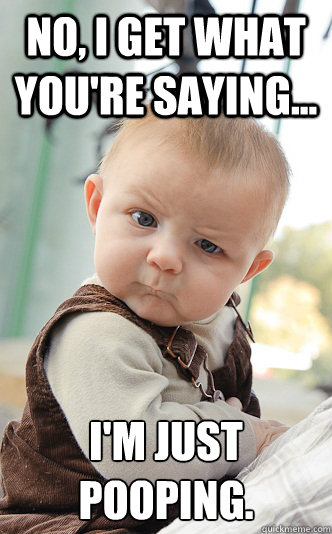 But it didn't work out.
But it didn't work out.
This is not a matter of potty, but of affection between a child and his trusted adult. Getting into the kindergarten, the child at first ceases to be in contact with his body, because he goes through a difficult stage of separation from his parents. And all this lives at the level of the body. The same goes for first graders.
They cannot relax in new circumstances, therefore they lose contact with the body, and as a result, problems arise with the toilet. And adults, when stressed or anxious, feel discomfort in the body, but sometimes they don’t understand that it’s just thirst.
It is difficult to recognize the signal when the psyche is tense.
The child's emotional system is not yet mature, that's why the body takes such a strong blow from experiences, from anxiety when getting used to kindergarten or school. Often, children begin to make obsessive movements, for example, rocking in a chair, twisting their hair, wringing their fingers, biting their nails.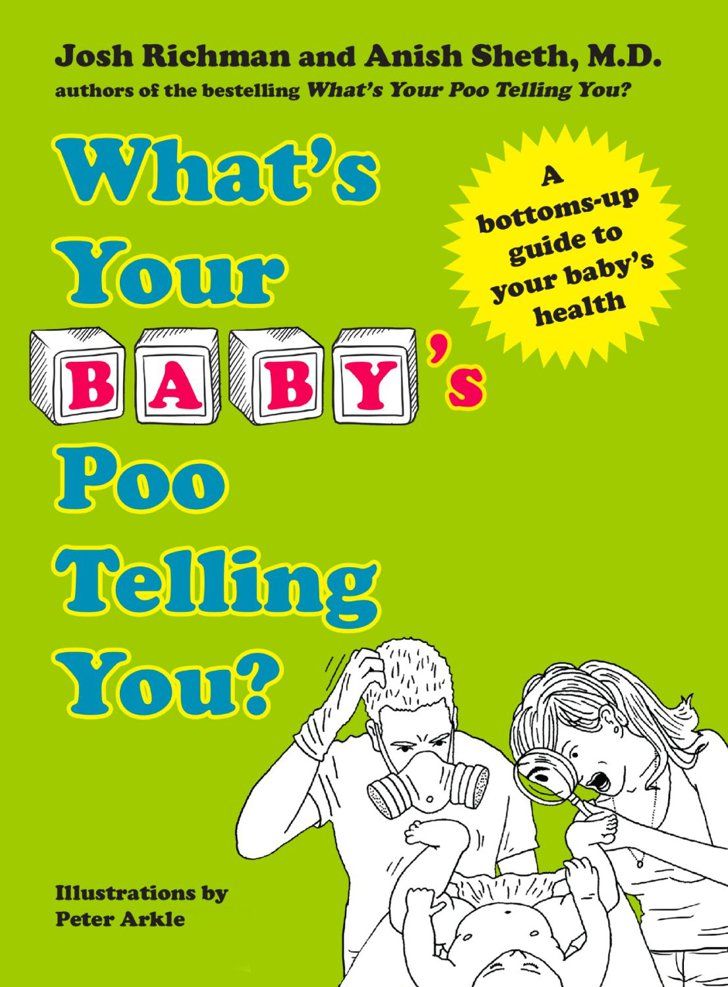 This is auto-aggression. Children relieve stress, even hurting themselves.
This is auto-aggression. Children relieve stress, even hurting themselves.
When I work with children, we play with toys in the sand. They immerse their hands in it, make massage movements, tactile sensations on their fingers, relax, go deeper into the process, and the child comes into contact with the body, sensitivity gives a signal to the brain and after 5 minutes he asks: “Where is your toilet?” And so in half of the cases. The child needs to relax in order to catch the “I want to use the toilet” signal.
Parental question: The youngest child appeared in the family, and the older child's behavior changed, regressed - he can register himself, or go into panties "for big", and is afraid of this. Or enuresis, even when the process was established.
The appearance of a second child is a situation where the child is separated from his parents, it turns on strong emotions in the child and therefore the body can fail. This is just a compensation for some tension in life that comes out, is lived through the body, through physiological reactions.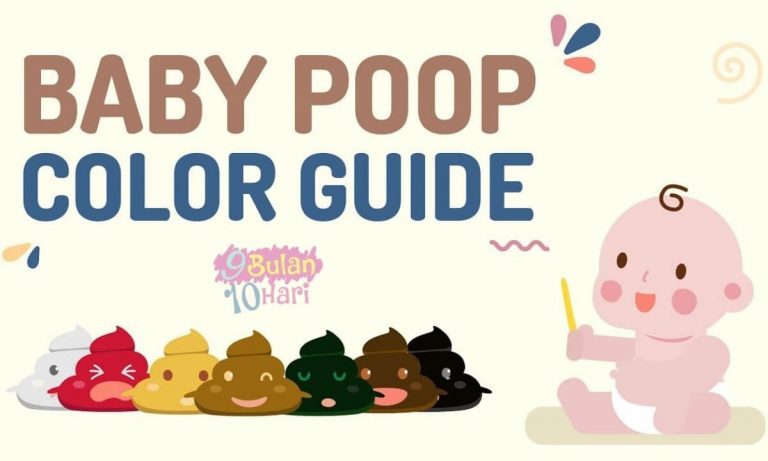
There can be a huge number of situations in the children's team that caused anxiety and tension in the child, where he got stuck in emotions because mom and dad were not around, and at night, through a physiological process, the nervous system releases this tension. This is fine.
But it is important not to be systematic. If the system is released, this is a one-time event. This often happens in the kindergarten, and praise to the teacher, who, unnoticed by other children and very caring for the child, will change his clothes and say: "I'll help you now, it's okay." The child very well reads the reaction of an adult in such situations: “it's embarrassing” or “it's normal”, “the situation is under control”. Therefore, children in kindergarten and elementary school should always have a change of clothes, even several.
How to potty train correctly?
The advent of diapers has changed the way parents look at toileting. It is convenient for us that the child sleeps all night and has a dry sheet.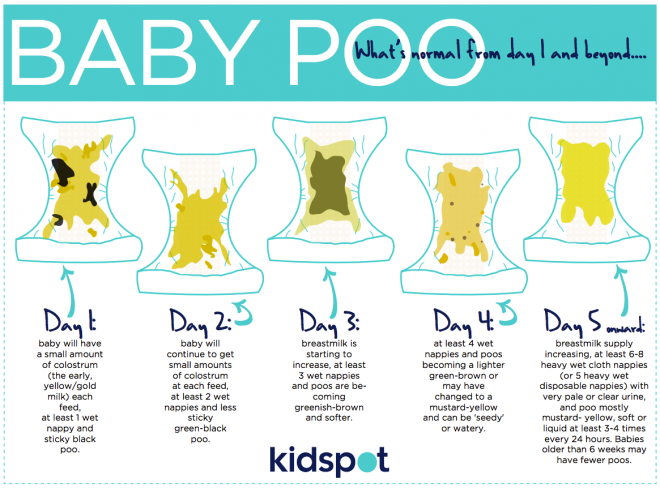 Accordingly, we do not catch the moment when he goes to the toilet. But at some point, the idea dawns on us: “Independence!”, Which means “the child takes off the diaper and walks without it.” This is where different methods of potty training begin, and subsequent stories.
Accordingly, we do not catch the moment when he goes to the toilet. But at some point, the idea dawns on us: “Independence!”, Which means “the child takes off the diaper and walks without it.” This is where different methods of potty training begin, and subsequent stories.
As a psychologist, I say: parents need to calm down. Norms are not. We must understand and get used to the fact that this is an individual process.
Before my consultation, parents must fill out a questionnaire, where there is a column “independent skills – when did you start talking, when did you go and when did you start going to the potty yourself”. Some parents write: “At 1.5 years. We didn’t insist, we decided to try without diapers, we became interested in the potty, we bought a music pot and everything worked out.” And someone writes: “At 9 months, I already asked for a potty on my own.” Let's remember a child at 9 months old, what is he capable of on his own? I'm guessing he's been pottyed a few times a day and he's used to it. Parents seem to catch this moment, but at the same time they give the child a message: “Now we need to go to the toilet.”
Parents seem to catch this moment, but at the same time they give the child a message: “Now we need to go to the toilet.”
For me, as a psychologist, independence is when a child feels his physiological needs, that it is uncomfortable for him to walk in a diaper, understands that something is wrong with him and asks his parents to change the diaper or take it off.
Diaper weaning is a process in which children get stuck due to adults' need for children's autonomy, which they cannot immediately cater for. And adults in their needs are very persistent because of their fears: “How to go outside in panties, but he didn’t pee?”. Or the family goes on a long trip by bus or plane, mom says: “So, you need to go to the toilet before that.” It's about caring, okay. But when the child didn’t go to the toilet before the road, the mother’s face was alarmed: “How is it, you didn’t go to the toilet!” The child reads this message as "an adult must be satisfied and go to the toilet when he speaks.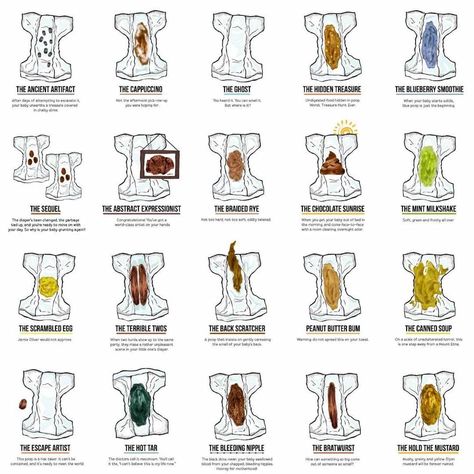 " And the brain gets confused: do I need to listen to myself and go to the toilet when I want, or is it important now not to upset my adult? This is where the “listen to your body” mechanism goes astray.
" And the brain gets confused: do I need to listen to myself and go to the toilet when I want, or is it important now not to upset my adult? This is where the “listen to your body” mechanism goes astray.
Watch the film "Bluff, or Happy New Year!". It shows a baby house and it is clear that orphans do not have the concept of "their own need", because there was no caring adult who would support their need. They do not know when they are hungry, when they want to go to the toilet, because they even go to the pot on a schedule.
We, adults, have a lot of fears, often far-fetched that the child will not become independent. But he will be when his time comes.
I like the analogy of the trees in the park. There are a lot of them and different ones - chestnuts, birches, oaks. They are all trees, but they are all different. No two oak trees are the same, with the same branches and leaves. And with children too. Everyone has their own need and their own readiness for independence. This includes going to the toilet on your own. All they need is the patience and support of a caring, reliable adult.
This includes going to the toilet on your own. All they need is the patience and support of a caring, reliable adult.
What to do if there are already problems or parental concerns
Incontinence can be completely natural for diaper-weaned babies. No wonder there is a phrase "to get rid of laughter." When a child is in the game, carried away and excited by the process, his entire emotional system is directed to this interest, and the body relaxes. He forgets and can register, and then run up to his mother on request. At this moment, the child needs a caring adult to say: “It’s okay, here are new pants, let’s go change so that you don’t freeze.”
But if it is a regularly recurring problem that interferes with the child's process, enuresis, you need to contact the doctors and examine the child's health.
But what can we do at home so as not to lead to problems, or to work through them very simply.
Monitor your reactions and perceptions of any "toilet" situation.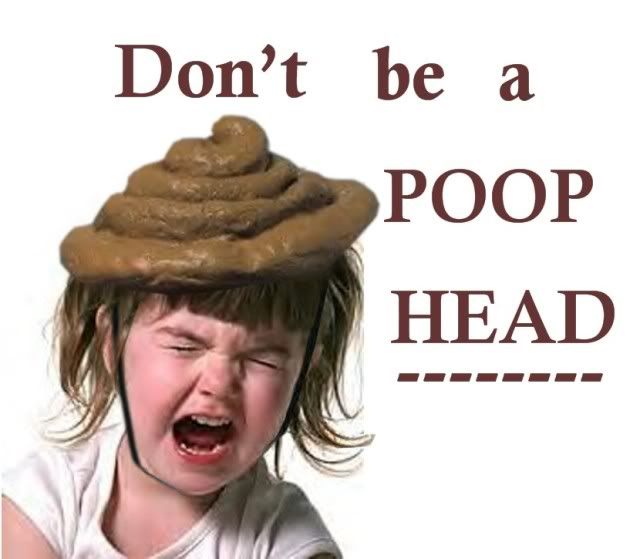
It happens that the child signed up, and the adult answered: “How could you, you are an adult, why didn’t you ask?” This is how contact with the child is lost, the theme of shame is imposed: “I am doing something bad, as much as I can.” An adult gives a negative message to a child, the psyche can work in different ways. Remember the first story of the article.
Many fears and even some nervousness of the child in the toilet theme are only the reactions of adults.
This is how the natural adult-child hierarchy works. The child does not analyze what is happening, but reads the attitude of an adult to this world: what are adults doing now, how does the leader of the pack react? Therefore, when the teacher gently with a smile in the evening says to the parent: “Everything is fine, here is a bag for you. See you tomorrow”, the child will not repeat the situation. And if the teacher inflates the whole group with a message of shame: “Well, you know, it happened today!”, And the child stands nearby and reads, he gets alarmed, obsessed so that this does not happen again.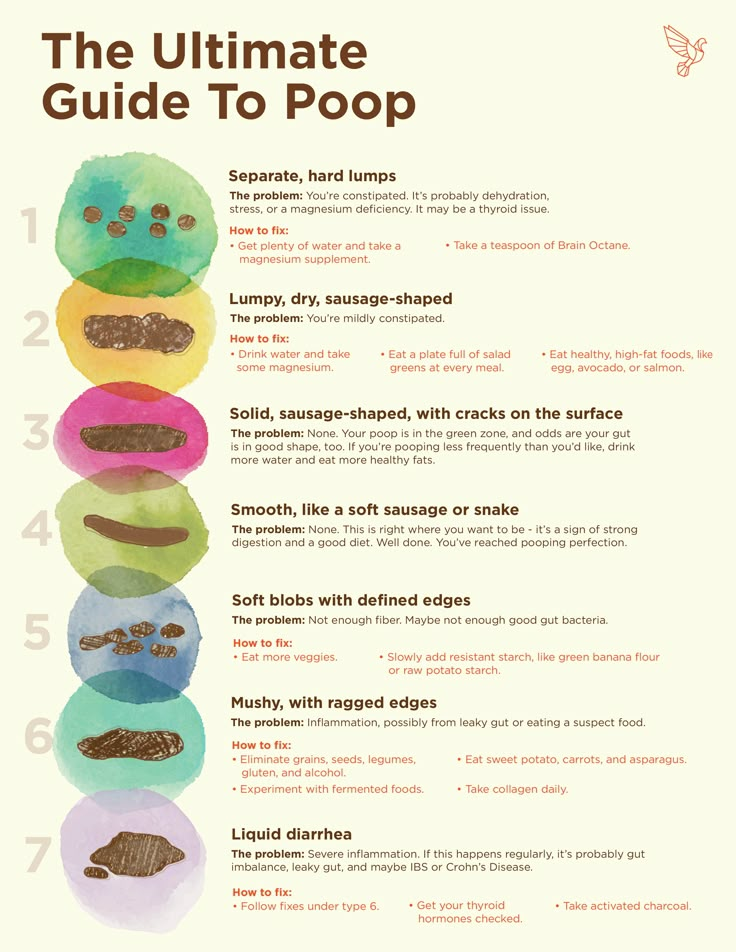 But looping is a tension in the body, a clamp "so that this does not happen again, so that this does not happen again." It becomes more difficult to catch the urge, and the situation repeats itself. It turns into a neurotic dynamic. But they started the process of the reaction of adults.
But looping is a tension in the body, a clamp "so that this does not happen again, so that this does not happen again." It becomes more difficult to catch the urge, and the situation repeats itself. It turns into a neurotic dynamic. But they started the process of the reaction of adults.
The stronger the child’s attachment to his reliable adult, the emotional closeness, when he understands that he can trust an adult with different things - both a smile and a beautiful flower, and tell “it happened that I could not resist and accidentally pooped in panties”, and the reaction stable, calm and accepting, the less likely there are any problems in general, and the more stable the human psyche for life.
Unfortunately, I often notice the emotional immaturity of parents in such situations, absolutely negative, sometimes inadequate reactions. They don't really understand the consequences. They think that it is necessary to work with the problem of the child, but my face and my reaction have nothing to do with it. It is important to realize that it is we who are the vector for the child's perception of his body and everything that happens to him. For example, he still does not see a rash on his body, nothing bothers him, he has not reached the mirror. But the mother, who discovered chickenpox, already has such horror on her face, and the child feels that the rash is horror and a nightmare, although she did not bother him. Likewise with the toilet theme.
It is important to realize that it is we who are the vector for the child's perception of his body and everything that happens to him. For example, he still does not see a rash on his body, nothing bothers him, he has not reached the mirror. But the mother, who discovered chickenpox, already has such horror on her face, and the child feels that the rash is horror and a nightmare, although she did not bother him. Likewise with the toilet theme.
To understand that the toilet theme is about borders and about “do not disturb me”.
Going to the toilet is a process when the body must relax.
Unfortunately, toilets in kindergartens and schools do not provide for holding the boundaries of the child. With the doors open, anyone can enter, and sometimes educators voice the process aloud. And also on schedule. For example, the group gathered for a walk, got dressed, and suddenly the child felt the urge to go to the toilet, it’s easier for him to do it in his pants than to anger Mary Ivanovna.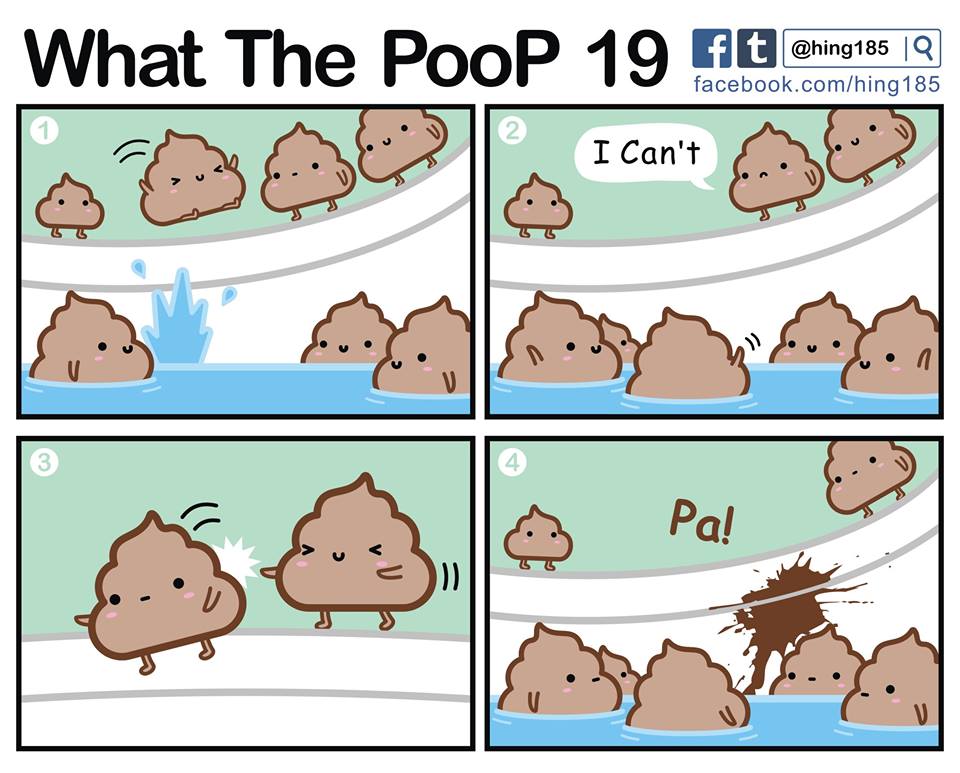
It is embarrassing to ask to go to the toilet during the lesson, children endure it. And most first graders don't poop at school.
The child does everything to avoid this process at school and gets stomach problems. They absolutely fly out of the body from anxiety, from experience, from this notion of shame of one's body. But all these are questions about the organization of toilets in kindergartens and schools.
What to do? When children come to me after school, and they didn’t go to the toilet there, already after 5 minutes of playing in the sand, they relax, immerse themselves, new sensations appear in the body, the emotional background changes, and they ask to go to the toilet, as if they need to run right now.
Parents can, like me, play with their child or just form a new tactile contact.
Ask the right questions after kindergarten and school.
What do many parents ask after school? Did you collect textbooks? Did you do your homework?" We do not ask about physiological needs - like the tummy, whether you want to drink or go to the toilet.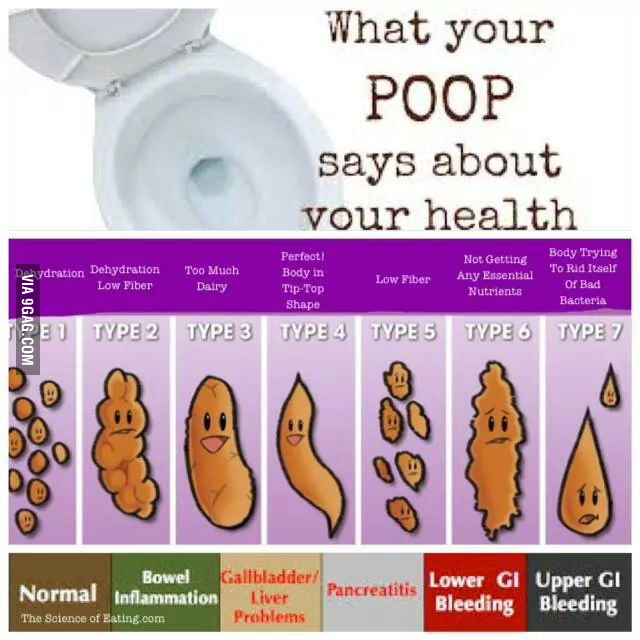 If you travel far home: “Do you want us to go now on the way to the nearest cafe to the toilet, is there a closed door?”.
If you travel far home: “Do you want us to go now on the way to the nearest cafe to the toilet, is there a closed door?”.
Such unobtrusive questions are a helping hand to a child, “I understand you and will help you if this is not possible at school”.
Forming tactile contact with the body.
Hugs in the family, games with hands, tickle, stroke, pinch the back. It is necessary that the child has the experience of different sensations, contact with the body. If the child did not go to the toilet, but his diet was normal, without panic, patiently watching and being close to the child, we do massage, relax the body. We show that there are different sensations, different reactions and processes in the body. This is how we instill a positive attitude towards our body.
Safety games.
Children in school and kindergarten don't poop because they don't feel safe in a toilet without a door. Therefore, you need to play with children for safety and boundaries.
For example, in case of constipation, we cover ourselves with a blanket with a child, sit there with a flashlight, as if in a tent, and indicate that this is our house, we are here, these are our borders. And the child can begin to adjust his boundaries in life. A simple game to restore the security of your borders. We convince the brain how great it is to have your own boundaries, including the boundaries of the body. And they will join in life.
Games for sensations in the body after returning from kindergarten and school. It is useless to talk about this with children, but you can always use it effortlessly on their senses. For example, blowing into pipes or knocking on a tambourine - we use our palms, breathing, hearing - as if breath comes out of our body, and a new sound is obtained. This is how we show that our body can bring pleasure, and in different ways.
Actually, this is a toilet metaphor - our body does something, and something happens, and it's easier for us.
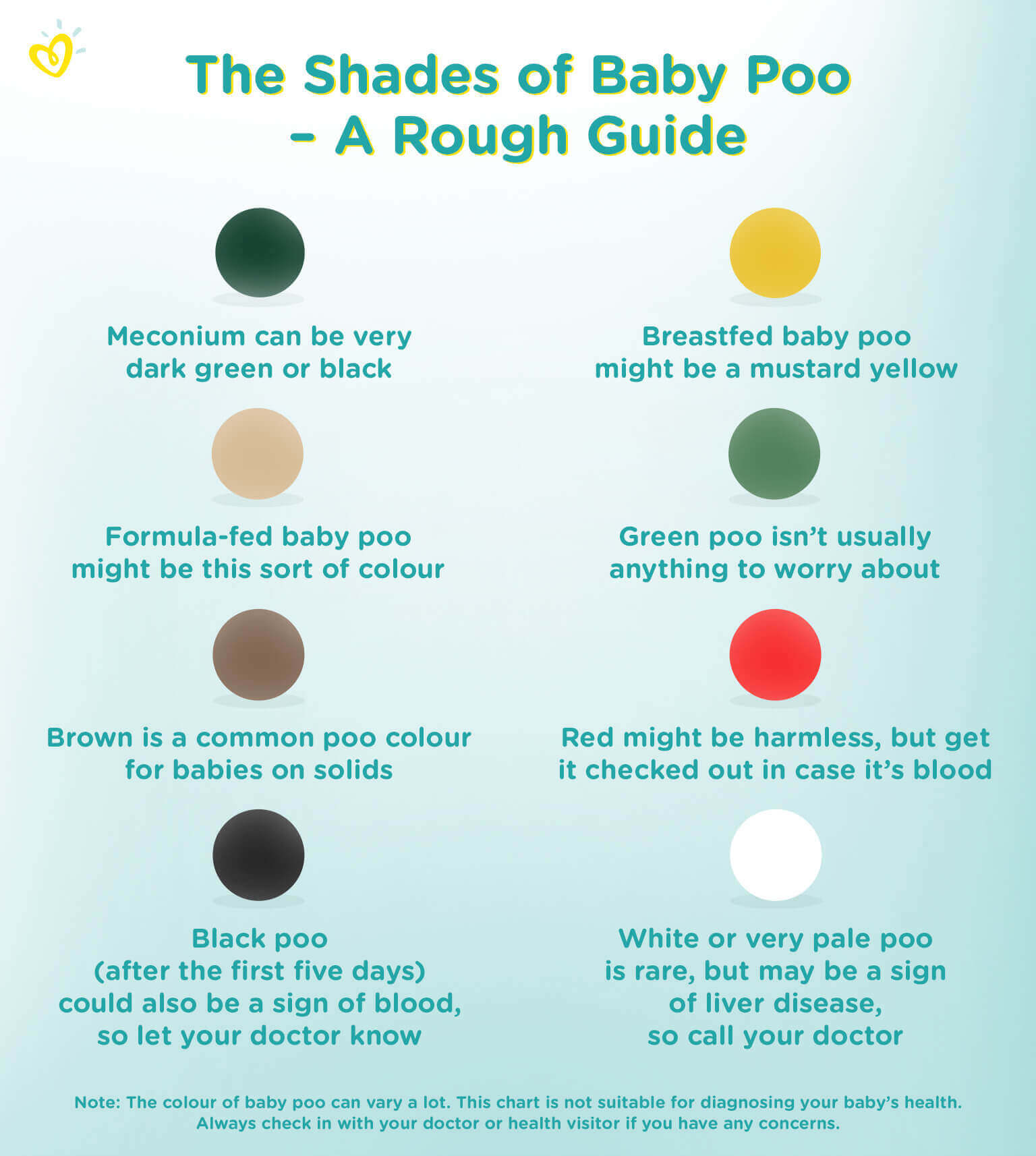
Through musical instruments, without words, sitting under a blanket, blowing pipes, knocking a tambourine and creating some sounds, we build boundaries and the child suddenly felt: “I have my body, it brings pleasure.”
Toilet games.
Children get the best experience through play, and some adult serious conversations do not impress the child. Of course, in such games we focus on the toilet theme.
For example, we have a toy house with all the rooms, and we show the purpose of these rooms and ask related questions like: “How is your tummy?” We do not focus attention, we play further.
You can take fairy-tale heroes that the child does not meet in life and understands this, and play with them in the house, in ordinary life.
You can build a house from the constructor and plan a toilet room there. Without an emphasis on the toilet, but as a necessary element in the house like a kitchen or a bedroom.
In case of constipation, we play with sand or water, pour over, control fluid in containers.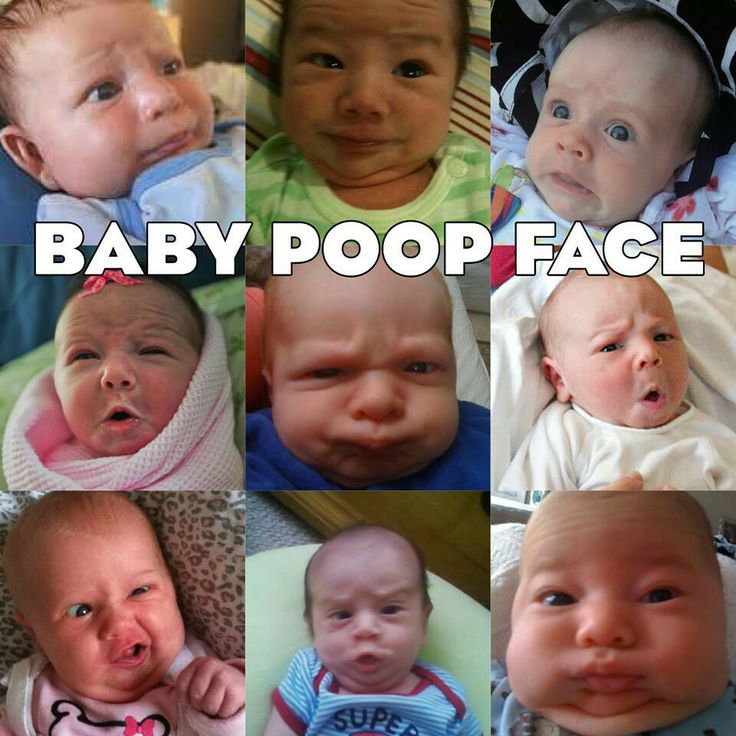 We control the fluid in the body. We draw rain, water. We make sausages from plasticine, sausages, cut, twist them with handles. This is how we tune the brain and get acquainted with what is in life. Like art therapy.
We control the fluid in the body. We draw rain, water. We make sausages from plasticine, sausages, cut, twist them with handles. This is how we tune the brain and get acquainted with what is in life. Like art therapy.
Very good to play with kinetic sand. Children love this tactile contact. We can make a solid figure, then this sand crumbles, the child relaxes. He can both control the process and follow it, receive impulses.
In all games, it is not necessary to exaggerate the function of the toilet. In the game, he must gain experience: he wanted to go to the toilet - he went and left, we play on.
Books about our body.
Now there is a great selection of books for children of all ages that show how the body works. I love the book "Who pooped on the mole?", which shows the excrement of different animals. This is also about the natural process.
According to Freud, the first stage of a child's development is oral - he gets pleasure through his mother's breast, through his mouth, and the second stage is anal, when he understands that his body can also receive such sensations. And if at this stage, for example, it is forbidden to say “an indecent word poop”, the child has even more excitement, he is very frustrated, knocks the ground out from under his feet.
And if at this stage, for example, it is forbidden to say “an indecent word poop”, the child has even more excitement, he is very frustrated, knocks the ground out from under his feet.
“Mom, the doggie is pooping!” - my children used to say when they were 3-4 years old. “Yes, dogs poop too,” I replied. If a child talks about it, great! Right now is a great chance to recognize the naturalness of this process.
Negotiate with the caregiver and teacher
It is important that the child realizes that going to the toilet is not a shame. And this topic is not shameful. And a child can form this only through the relationship of his trusting adult with a teacher or educator.
Approach the teacher, be such a mother: “Lyudmila Nikolaevna, the physiological and psychological health of my child is very important to me. He will study better. In the morning I told my son if he wants to use the toilet, he can get up and go, at any time. Please, I beg you, can you confirm the words this morning? That a child, whenever he wants to go to the toilet, can raise his hand and you let him go, and there will be no censure on your face?
Psychologically, it is easier for children to go to the toilet during the lesson because it is empty and no one will come in.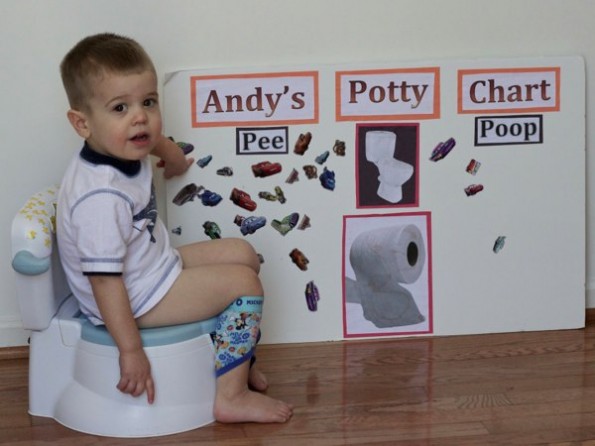 But "we don't interrupt the learning process," teachers say.
But "we don't interrupt the learning process," teachers say.
And the parent needs to understand that his interaction with the teacher will relax the child and help.
Teachers should be listening, understanding and supportive. Any problem a child has at school, especially a younger one, can be easily solved in conjunction with the teacher-parent, when the child feels cared for and feels comfortable. This is a health issue.
Positive directing
We need to give the child the opportunity to get different experiences: I didn’t ask to go to the toilet - I have such sensations in my body and my clothes are wet, and when I asked, these are, and such an encouraging reaction of parents. It is very important for children to please their adult. And here you can direct his behavior: “The next time you feel it, so as not to wet your pants, you can tell me, I will help.”
Unfortunately, we spend a lot of emotions and energy on negativity: “Again”, “What are you doing”, “You are already an adult”, “Paul got wet, we got wet ourselves, we don’t have new pants, how are we going to go home? ".
 Due to the immaturity of the enzymatic system, it is greenish in color.
Due to the immaturity of the enzymatic system, it is greenish in color. 


